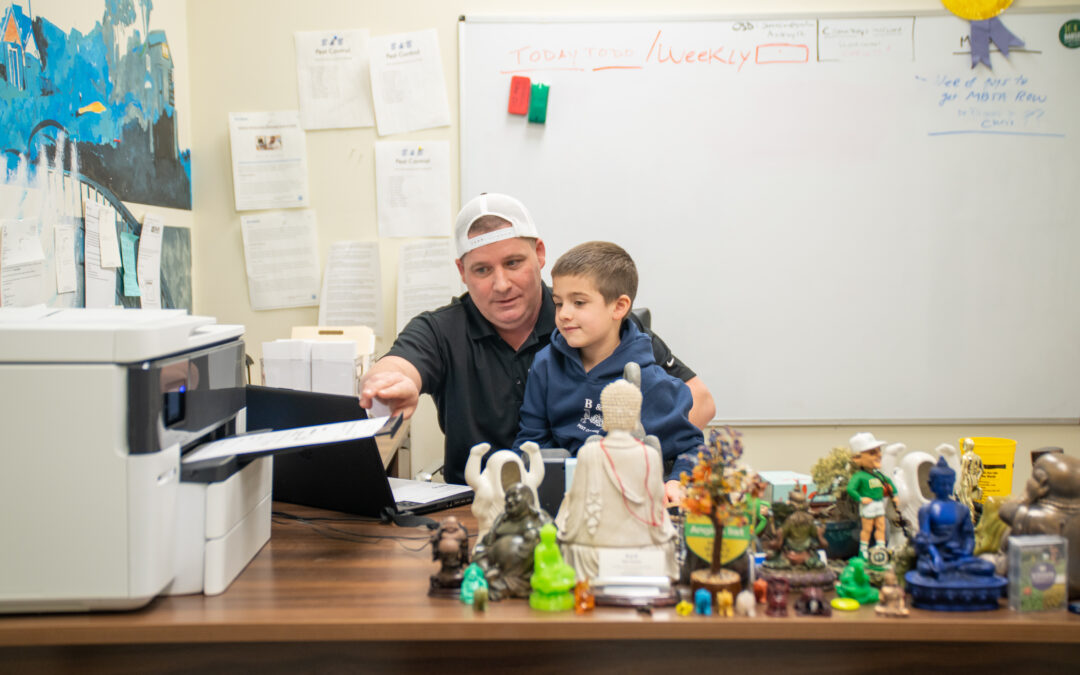While humans and ants couldn’t be further apart physiologically, we do have a lot of traits in common. Both species live in social structures that can be very organized and complex, making use of elaborate means of communication. These social structures are also stratified, with specialized functions for various groups, such as soldiers, gardeners and workers.
However, we should not take the analogy too far. An ant colony is organized through the instinctual drives of its members, and while the same can be said about human societies, it is only partially true. As human beings, we have to respond to several competing needs coming from ourselves, our families and our social environment, we channel our instincts through culture in order to reduce the strain placed on the social order. Ants are far more ruthless in the way they live.
We also have another thing in common with ants – a common environment. Ants, by themselves, have no capacity to travel over large bodies of water, but with our help they’ve been able to spread around the world, in a similar manner to other pests such as mice, rats and cockroaches. This has allowed them to “colonize” areas vastly beyond their normal habitats, and through this process, destabilize several ecosystems around the world. For example, the fire ants that are native to South America made their way to the US on cargo ships and started spreading havoc across the country.
Ants have also been a part of our culture from ancient times, being found in Homer’s Iliad and the Bible. Humans have always admired ants for their hard-working nature, and they have been used in proverbs and stories ever since we’ve had to deal with them.
Today, scientists have ants in their scopes, studying the organization, development and anatomy of these insects, in order to gain insights into ways that we can improve our own society and better understand the natural world. From studying the supercolonies of the Argentine ants, to understanding how different species compete over certain insects that excrete sugar in order to raise them as livestock, there are plenty of mysteries out there that science can bring to light.
Of course, for the most part, we view ants as pests in our homes. Whether we’re talking about ants foraging for food, or nesting inside the wooden pillars of the home, our first instinct is to get the infestation under control. If you are having any issues with ants, contact us today and we will take care of them.

